I’m not someone who makes a long list of resolutions each year but I’m definitely feeling the ‘new year/new decade’ momentum at the moment – are you? There are so many ideas floating around in my head (and in the notebooks and post-it notes on my desk) and I’d love to start the year right with all the things I hope to accomplish and more importantly, to keep that momentum going!
So if you’re feeling the same and ready to tackle some of the things on that list, I thought start off the year with a post that I’d originally written for Oak Furniture Land’s blog. I interviewed a qualified Gestalt councillor who I met through mutual friends and found her insights to be fascinating. I wanted to share my interview with her here with you today for those of you who are setting goals and resolutions for the new year. We all know how easy it is to decide we’re going to make all these amazing changes and then within weeks (or days!), find yourself slipping back into old, comfortable habits.
So if you’re looking to really make changes, there are so many ways to ensure you can stay committed to your goal – it just takes planning, a good amount of positive self-support and knowing what to do to keep on track.
I spoke with Jemma Crowe, a qualified Gestalt councillor with a BACP-accredited Diploma from the Gestalt Centre and a Masters in Psychotherapy for her expert opinion on setting the right goals and the best way to ensure you stick with them to achieve a brand new you, in 2020 and beyond. I hope you enjoy the interview!
Thanks, Jemma, for chatting with us! Can you tell us a little bit about yourself?
My name is Jemma Crowe and I am a Gestalt psychotherapist and partner in Therapy Space East, a therapy centre in Shoreditch London.
I worked for years in the entertainment industry and after a close family loss and some major life changes, I sought therapy myself. I found it such a cathartic and growthful experience. It was life-changing for me. I then became really interested in the therapeutic process and decided to retrain as a therapist myself.
Gestalt is a highly positive and practical integrative therapeutic approach. As a therapist, I help people to focus on their immediate thoughts, feelings and behaviour and to better understand the way they relate to others. I work with clients towards greater self-understanding of fixed patterns of behaviour and ways of changing them to give them the freedom to choose the way they want to live their life more fully and productively.
The New Year is always a time when people make resolutions but we’re not very good at sticking to them! Why is it so hard?
Well, basically we are neurologically “hard-wired” to form habits! The brain needs habits and automated behaviour to save energy. Could you imagine having to relearn everything you do every day? The downside of this is, of course, that we can quickly develop bad (as well as good) habits that can be hard to break.
On a more psychological level, there are many things that can contribute to not sticking to habits: too high an expectation, unrealistic goals, not recognising how entrenched the habit is and expecting to change a habit without a formulated way forward.
I also think the dreaded “should” can really get in the way and promote an internal battle of what we think we “should” do and what we want to do or feel we are entitled to. For example, “I should go to the gym after work but I have had a really hard day and deserve a relaxing night” or “I should really stop drinking alcohol during the week but I’ve gone 3 days so far so I deserve a glass of wine”.
This sets up a “top dog/underdog” style internal dialogue and most of our mental energy gets caught up in that regulatory fight rather than concentrating on ways to change your habit. Studies show that this type of regulatory effort can diminish the effectiveness of self-control over time (Muraven, 2012). You end up spending all your time resisting temptation, only to royally capitulate and binge, rationalising that you deserve it as you have been so good at avoiding temptation for so long.
If you can limit your overthinking with the “should’s” and the imagined sacrifices that go with them, this can ease that internal battle. Also, try changing the “should” to a more definite “I will”. This can help remove any doubt around your intentions.
The narrative we build around our resolutions can really influence how we respond to them. A more encouraging language can really support how you approach changes. Notice how you use language yourself and check whether you would ever speak to a friend that way – then change the dialogue to how you would speak to that dear friend!
What is the best way to break a habit or to form a new one?
I would recommend replacing a bad habit with a good one. As the saying goes, “nature abhors a vacuum” and the same can be said for our habits. For example, if you snack on too much chocolate, instead of going completely cold turkey by trying to stop snacking altogether, try replacing the chocolate with healthy snacks as a starting point.
Attempt to take the automation out of your habits, try to be mindful in your approach. See if you can become proactive rather than reactive and more deliberate rather than routinised. See if you can slow yourself down and be more mindful in your actions. Instead of automatically getting home and pouring yourself a drink, check if there is anything else that might support your emotional need that will be more suitable for you now.
Have a look at what emotionally drives the habit: Is it triggered by stress, boredom or underlying deeper issues, for example? Understanding the wider context in which the habit resides can be useful in making broader changes that will support less dependency on old habits.
What triggers you to reach for the chocolate, bite your nails, always be late? Once you develop some awareness around your triggers, you can build in alternative support to help yourself.
Finally, it’s important to recognise that not all habits are created equally. By acknowledging some habits may be much more difficult to break and you can be prepared to seek help or extra support on these.
How should we decide on our goals and what is the best way to work towards them?
We commonly don’t recognise that it’s not that we are not capable of changing habits or sticking to resolutions, it’s more that we need to look at the type of resolutions we are making to ensure that they are achievable and actionable.
Don’t venture blithely into little thought-out resolutions, with no action plan or awareness of what barriers might be ahead. This is a sure way of setting yourself up for failure and further endorsing the bad habits and your more negative feelings around them! Aristotle said over 2000 years ago “Well begun is half done” – So, so true!
Concentrate on one achievable goal, rather than multiple ones. Being realistic is really important. Ask yourself, “what is the commitment that is required for this change and can I match it?”. It is far better to be true to yourself at the beginning, then fool yourself you can do something, that with all life’s other pressures, just might be too difficult at this time. If that’s the case, pick something that is achievable for now. It is psychologically better to achieve a lesser goal than to fail a big one.
Planning is key. Once your goal is set, have a premeditated plan. Think ahead about what obstacles or difficulties you may face and put in steps to work with these issues.
Peter Gollwitzer, a psychology professor at New York University who specialises in the relationship between goals and behaviour, developed the “if/then plans”. Instead of setting nebulous goals, he suggests using the if/then strategy to help plan ahead. Basically, if X happens then I will do Y.
For example, “If I get offered a drink at the party tonight, I will ask for a soft drink”. If weight is what you want to lose, plan how you will maintain control when eating out, or if need be, plan avoiding certain events, or even people to stay on course. Remind yourself that this is for a limited time and visualise how you will feel once you achieve your goal.
This builds in specific supports and clear strategies that promote healthier habits.
Do you have any advice for not being distracted by the everyday and helping us focus on the bigger picture?
Be supportive of yourself in how you approach the challenge of change. Often over-thinking how tough and arduous our resolutions are going to be, encourage mental “get out clauses” – the top dog/underdog dialogue I mentioned earlier.
Build in healthy distractions. If you are feeling particularly challenged or tempted, have an arsenal of healthy distractions to go to; a nice bath, go for a walk, read a book, listen to an engaging podcast, get healthy snacks or tasty non-alcoholic drinks at the ready to ease you through those difficult moments.
Design your environment. We are driven by our environment to a large degree. Take away the temptations: leave your phone in another room, remove unhealthy snacks from the cupboard, etc. Do you want to read more? Switch off your smartphone at a set time every night and have a good book ready.
Reward and praise yourself as you go along. We are all too good at beating ourselves up rather than rewarding ourselves for how good we are doing. We are wired for rewards – which also promotes the development of less-savoury habits – but you can switch this on its head by changing the rewards to something more suitable for you now. If, for instance, you have had a successful week at the gym, treat yourself to a massage or similar.
Celebrate your small wins and enjoy the journey. This is not just to be destination-focused which adds pressure. Get hooked on how good the process of change is for you!
Again, I can’t stress enough the power of supportive self-talk. Be encouraging of how well you are doing. You are your own best friend – so treat yourself in the same way.
What do we do if we slip up?
Be kind to yourself about the slip, instead of beating yourself up. You are only human and are not wholly defined by a slip-up. Allow for the slips and then jump back on the horse.
Be reflective rather than judgemental about what caused the slip. This will be really useful information that will help you move forward. Also, be fluid in your approach. If you slip, see what tweaks might need to be made to your planning, emotional approach and support systems in order for you to get back on track.
Finally, don’t dwell on the slip. It’s wasted energy and a negative gain that will interfere in you getting back on track. Research shows that what separates top performers from everyone else is their ability to cope with slips and to get back on track very quickly. Know that we all have that ability with a good personal narrative and self-support!
Huge thanks to Jemma Crowe, MA for her many insights on creating good habits and setting goals into the New Year. Have you set any goals for the new year and what are you doing to ensure you stick with them?

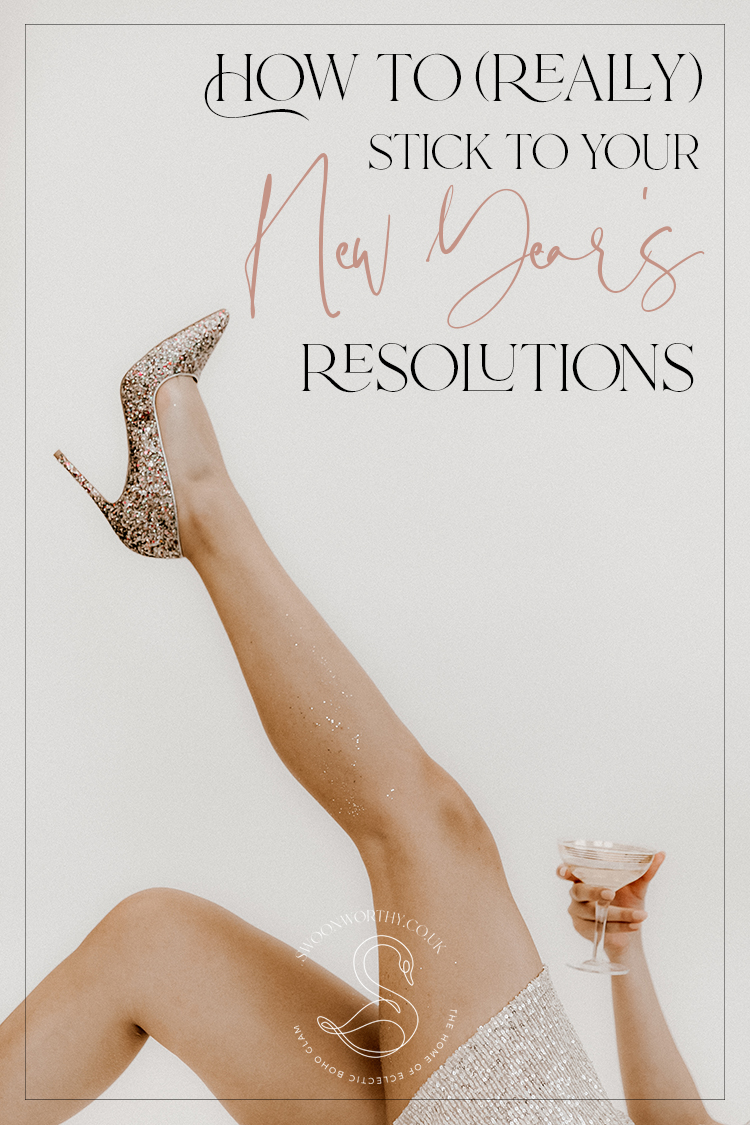

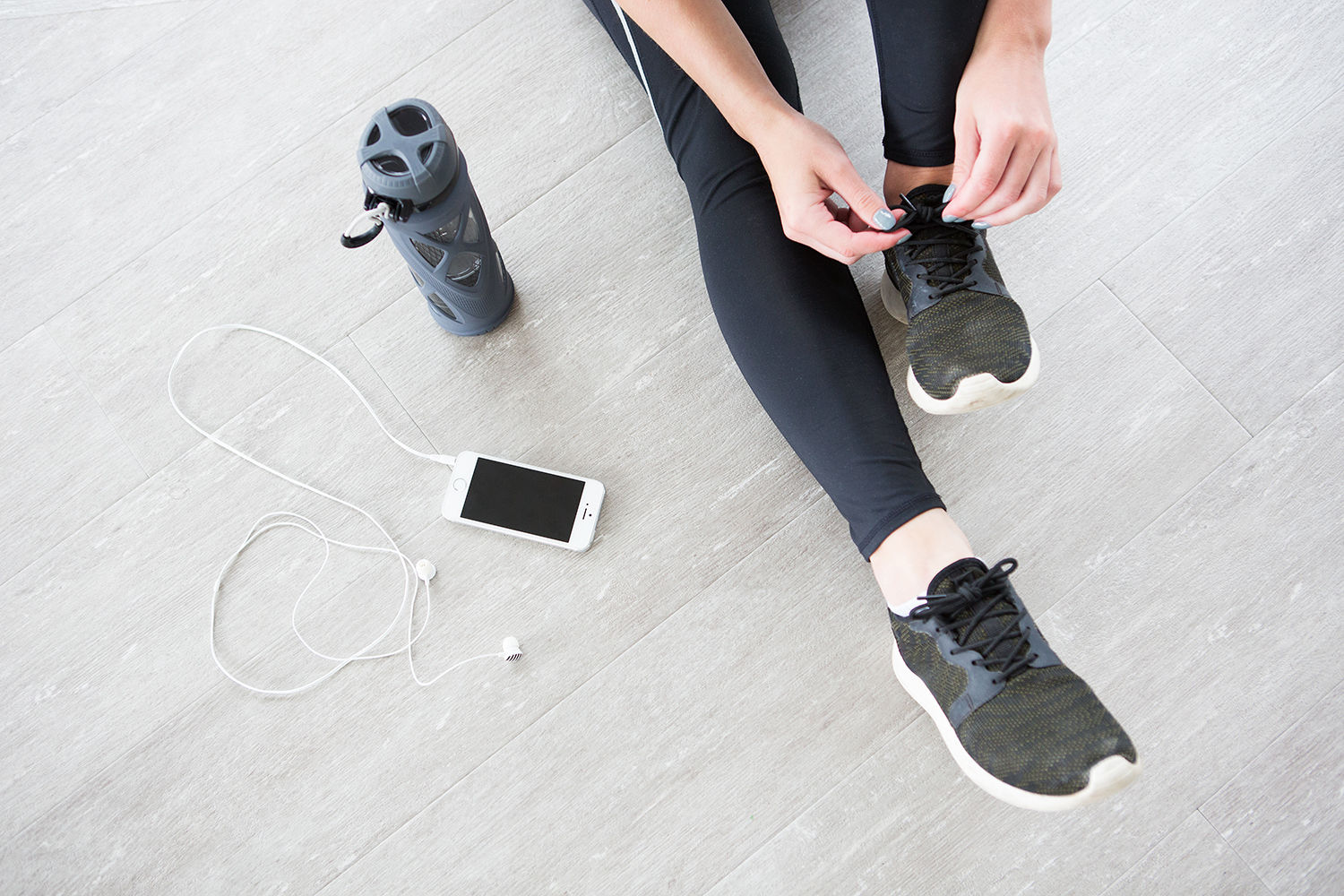
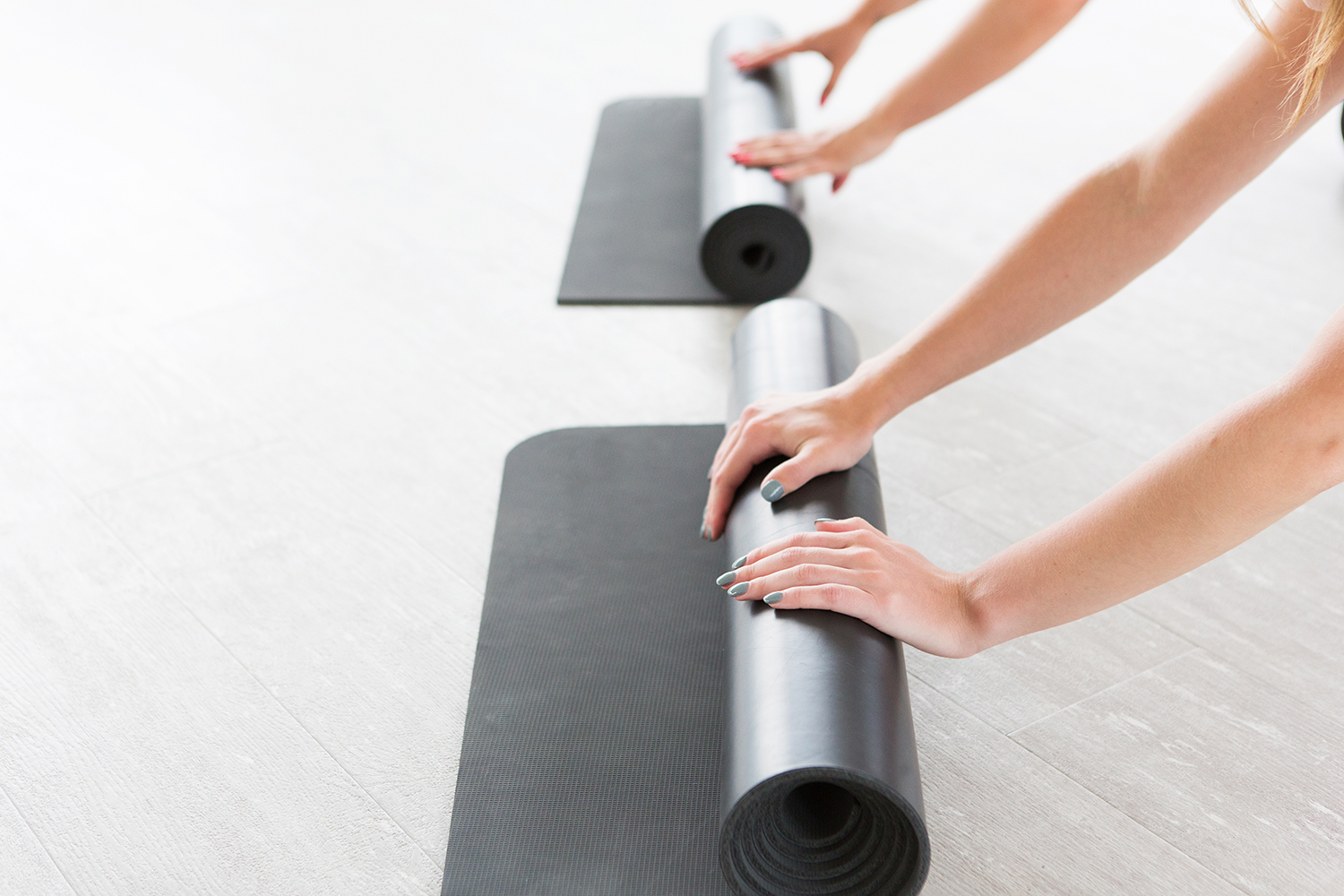
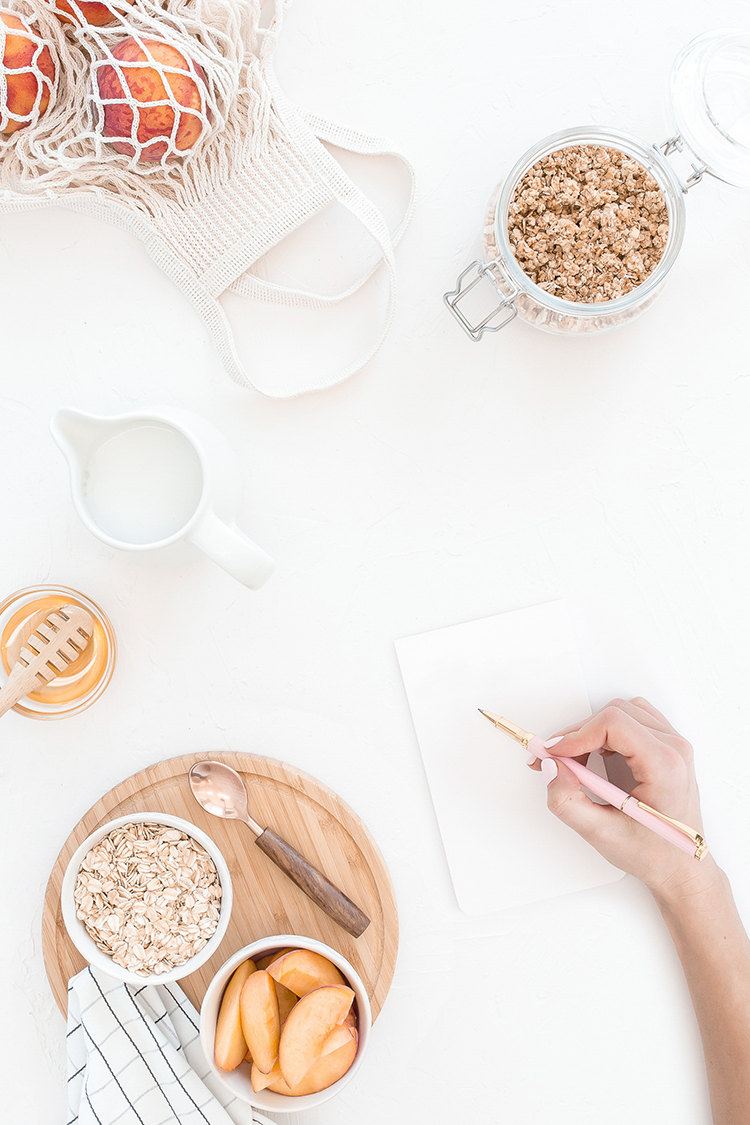
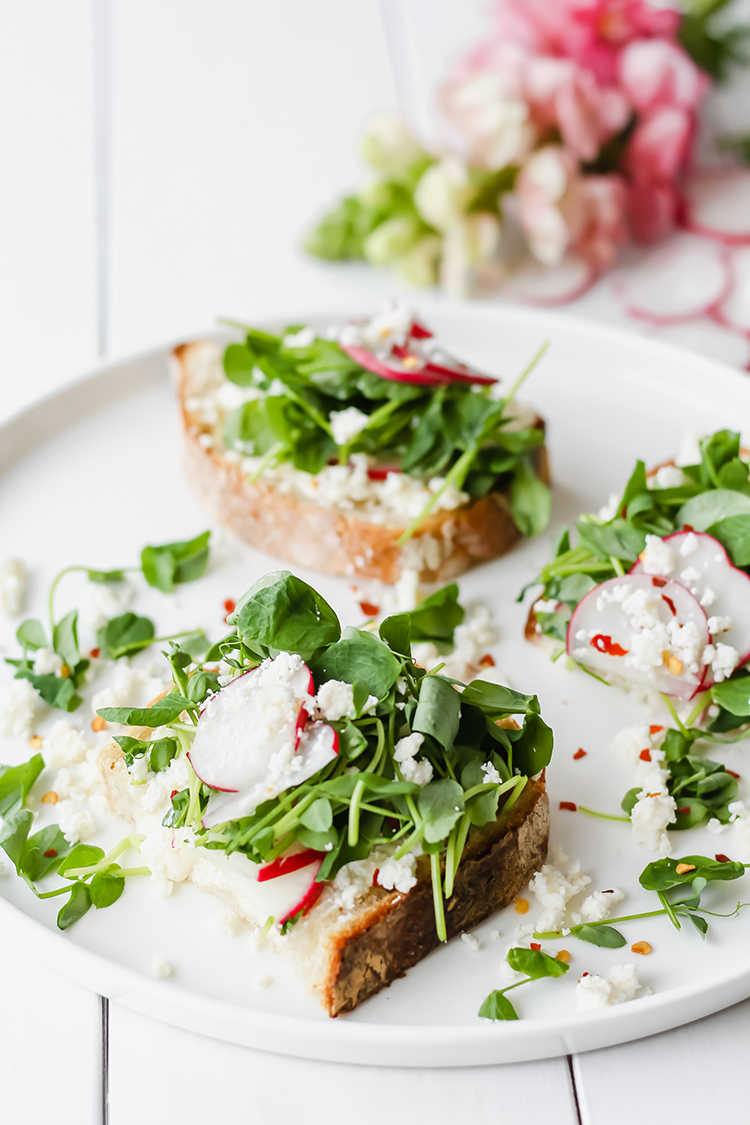
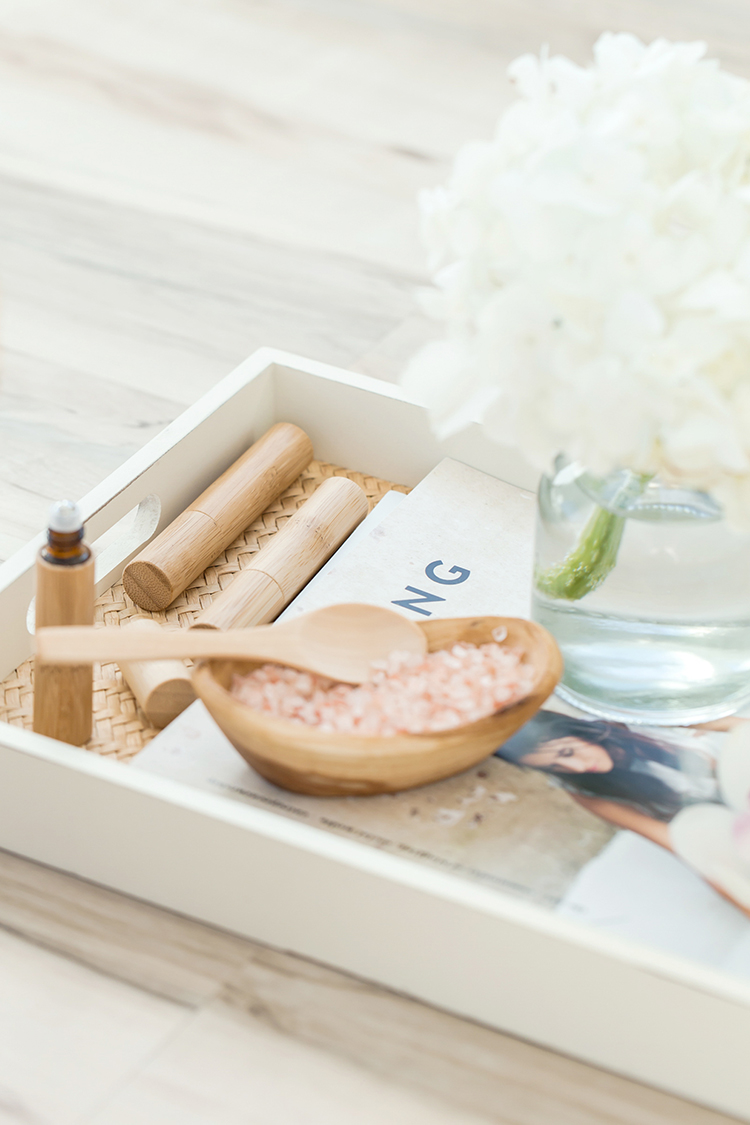

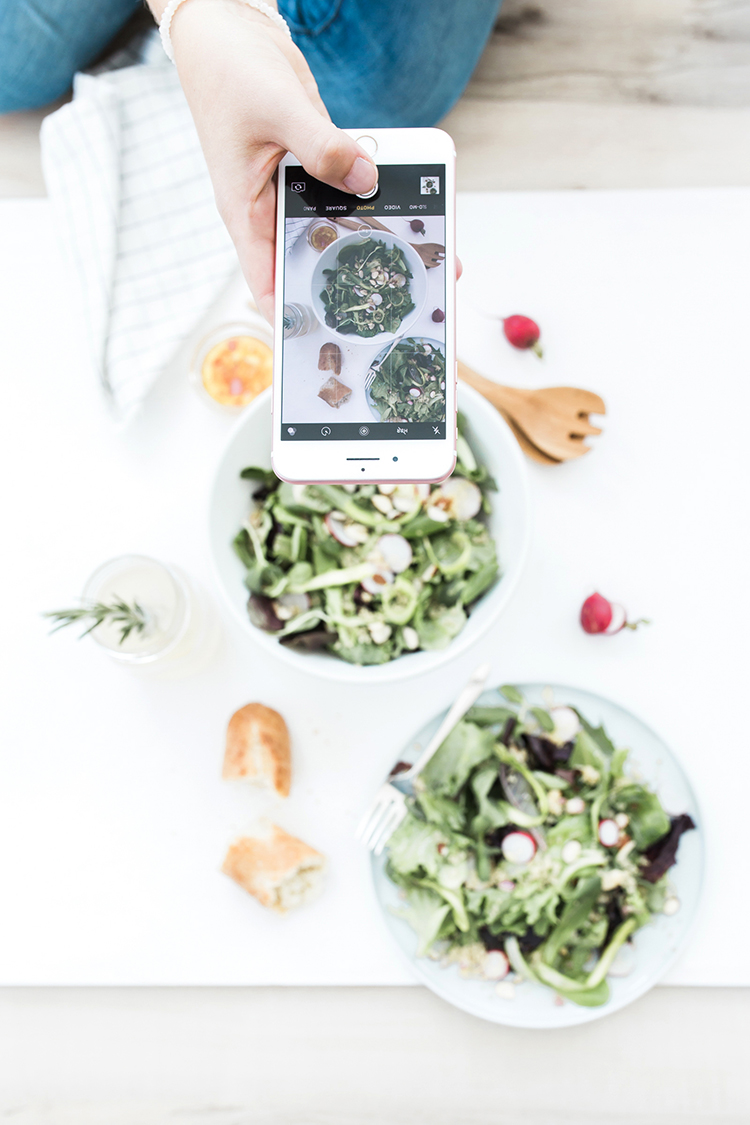
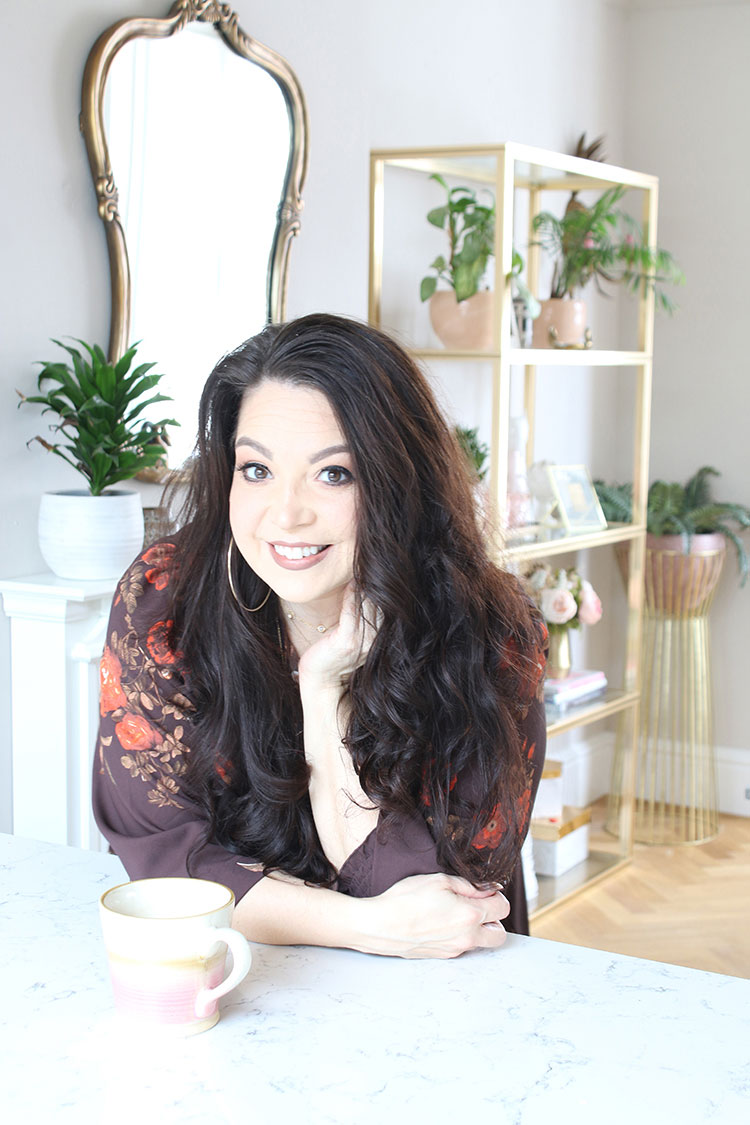
















I’m not sure if you would call this a New Year’s resolution but your blog has encouraged me to look at my surroundings and consequently I have made some little changes. My houseplants were in ugly plastic pots so to make them look more appealing I bought some lovely ceramic planters and they loo so much better. I will admit to being a housework slut – Doing something in the garden or greenhouse or doing a handicraft is so much more fun than dusting! (Don’t worry my home doesn’t look like one of those from “how clean is your house”?)
As well as the usual vacuuming and bit of tidying I have cleaned all my windows and have got myself a window cleaner to do all the outside, the frames and gutters and he’s coming this Saturday. One the windows are sparkling I intend to ditch my nets to allow more light into my north east facing living room. As and when I find time I want to declutter and decorate my home and to rotate my ornaments according to the season. I also intend to get my sofa restuffed with feathers and to get new covers for it although that will be later this year.
Thank you so much for giving design inspiration and unintentionally giving me that gentle kick up the bum to do something positive!
P.s. can we have more pet pictures please?
Fascinating & great advice! I feel that New Year is the wrong time to make changes – it’s cold, dark and we should be hibernating, conserving our energy! It feels much more natural to action those resolutions in Spring when everything comes back to life. So I am using this time to prepare for Spring – no pressure to make changes but just gently focussing on keeping healthy and reflecting on how I want things to be. My main intention for the year is to stay positive – in terms of my thinking and reactions and to avoid toxic situations and other people’s dramas. Tx
(p.s. that’s a great photo of you :o))